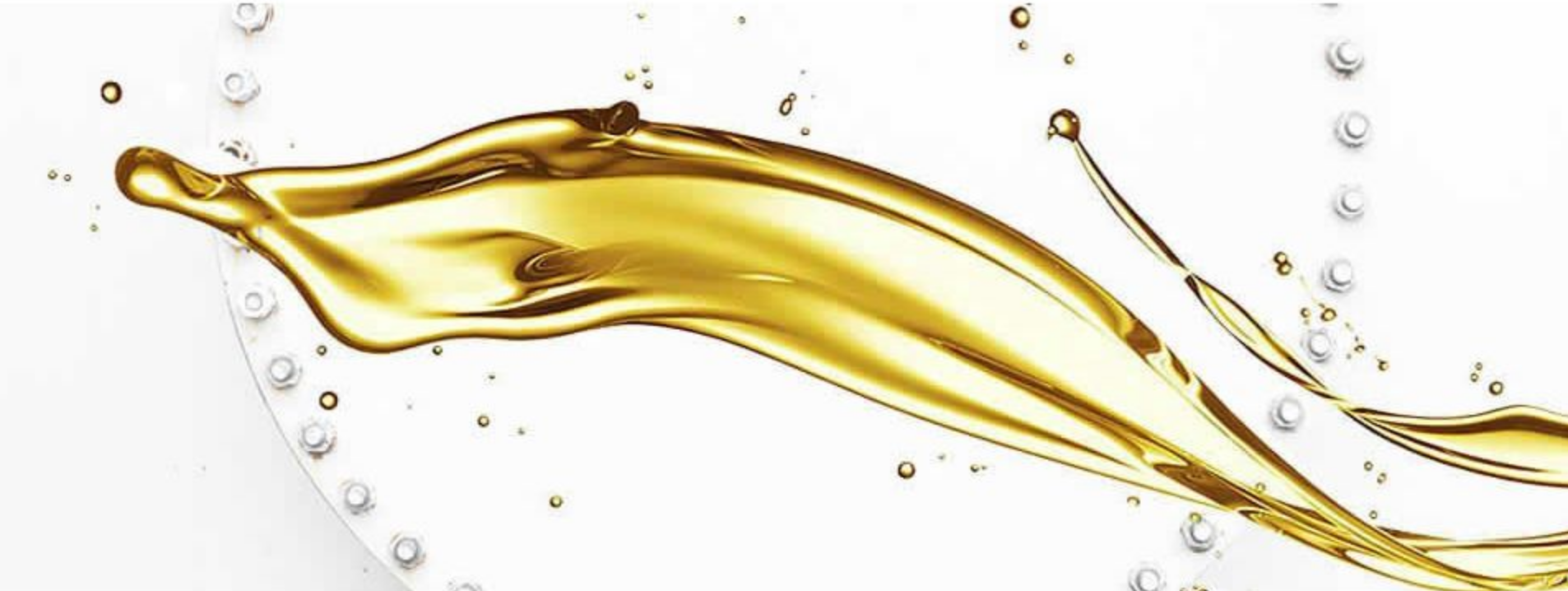Synthetic vs. Mineral Lubes for Gears Every engine, from those in the smallest toy trucks to the ones in expensive high-end vehicles, uses gears of some kind. These gears transfer movement from the engine components to the axles – which means that they need to be in proper working order for the vehicle to perform at its highest standard. And with constant friction, hard metal parts, and often-dirty work environments, keeping gears lubricated is a must if you want your powertrain to do its best. When it comes to lubricants, there are two kinds to know about: synthetic and mineral. Synthetic is more expensive, but more stable; mineral is cheaper, but not as versatile in extreme temperatures. How can you know which one to use on your powertrain gears? Let’s talk about each one, first. Synthetic lubricants are more stable in extreme weather, and one of their major selling points is that they flow well in the cold, and do not break down as easily in heat. This makes them ideal for driving through the icy months of deep winter, or for long drives through hot, stuffy plains and prairies in the summer. However, this increased fluidity can also possibly mean more leaks – as they more readily get past seals and gaskets – and it also means synthetic lubricants are more expensive (usually around 2.5x more).
Mineral lubricants, on the other hand, are cheaper, and better suited to going through different weather types – provided they are not extreme at one end or the other. With southern Alberta’s generally mild winters, mineral lubricants are often enough to keep you going without too much trouble. However, they can get thick and sticky when it’s very cold, or oxidize and break down in intense heat, and if that happens then you will have to take care of it quickly, or risk damaging the gears and other moving parts of your engine. Because much of Alberta is part of the prairies, and there is so much heavy industry, there’s plenty of dust in the air in this province – and much of this can end up in your engine’s intake, and eventually inside the lubricants and other fluids that work inside it. This particulate can nullify the benefits of synthetic lubricants altogether if it is not regularly tested – the contaminated gear lubes will reduce durability and life of driveline components and engines. Rather than simply saying that one type of lube is better for such conditions, we’ll say that the best thing to do is simply to change the lubricant more often! If you are not constantly heading into Arctic blizzards or southern heat waves, the high quality of modern mineral lubes and engine oils should be more than enough for your vehicle. Get a fluid analysis done at least once a year to check for particles, debris, or other contaminants that can create issues in the lifespan of your valuable components. The best recommendation we can make? Ask a professional! If you don't need synthetic oils and lubes... don't use them! If you are choosing a product yourself then be sure to choose an extremely high quality one that is API approved like we always use for our customers! Here at West Tech Mobile, our technicians have years of experience in this area and in many, many others. We’re ready to assist you with any questions you may have, and to help you get the best driving experience and durability out of your vehicle when you’re out on the job. You can visit our shop at 22-5555 51 Ave SE in Calgary, or we can even come to you, wherever you are – we have a fleet of fully-equipped mobile service trucks that can bring our expertise directly to your site. It doesn’t get any more convenient than that! Drop us a line today to find out how we can help you make the right decisions for your vehicle. We look forward to talking to you! Synthetic lubricants are created in a laboratory through chemical processes and are designed to provide superior performance and protection. Mineral lubricants are derived from naturally occurring substances and are often cheaper than synthetic types. Both types of lubricants have their own unique properties and can be used in different applications. Synthetic lubricants are typically more expensive but can provide a better performance, while mineral lubricants are typically less expensive and have lower performance. Ultimately, the type of lubricant to use depends on the specific application and what performance is needed. Comments are closed.
|
|
What Sets Us Apart
• Service Trucks & Mobile Service • 5 Laptops & 1 North American automotive scanner • Commercial Vehicle Inspection Programs • Fleet Maintenance • Trailer Shuttles • Open 6 days a week |


 RSS Feed
RSS Feed
